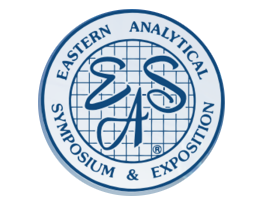
Florida State University
Timothy A. Cross is the Earl Frieden Professor of Chemistry and Biochemistry at Florida State University and he is the NMR and MRI Program Director at the National High Magnetic Field Lab in Tallahassee, Florida. He received his B.S. degree from Trinity College, Hartford, CT in 1976 and Ph.D. from the Department of Chemistry at the University of Pennsylvania, Philadelphia in 1981 working with Prof. Stanley Opella on bacteriophage protein structure with solution NMR spectroscopy. He stayed in Philadelphia for a short postdoctoral effort to develop oriented sample solid state NMR before spending 15 months at the University of Basel, Switzerland with Prof. Joachim Seelig working on the development of MRI imaging and in vivo spectroscopy.
From Basel, Dr. Cross and his family moved to Tallahassee in 1984. His research group has focused on solid state NMR development for the structural, dynamic and functional characterization of membrane proteins. Since native protein structures are not dictated alone by their amino acid sequence, but by their sequence in their native environment it is important to characterize membrane proteins in an environment that matches as closely as possible their native environment. Through solid state NMR his group has demonstrated that it is possible to characterize membrane protein structure and dynamics in liquid crystalline lipid bilayer environments. This has led to the novel characterization of a functional mechanism for the M2 proton channel a proven drug target for Influenza A. Recently, his group has characterized a structure of CrgA, a central protein of the cell division apparatus of Mycobacterium tuberculosis, the causative agent for TB.
While at Florida State he helped write the NSF grant proposal that brought the Magnet Lab to Florida and he has been a major driving force in developing a Chemistry and Biology mission for the Lab, while heading up its NMR and MRI User Program.
Prof. Cross’s research group at Florida State has graduated 24 doctoral students, many of whom are faculty at academic institutions, or head up research labs in industry and academia, and three are patent lawyers. Many postdocs have participated in the student’s training and gained further training before moving on to a variety of positions that aid our society. Prof. Cross’s group has published more than 200 papers and benefited from continuous NIH funding for the past 29 years as well as grants from NSF including an NSF Presidential Young Investigator Award, the year after arriving at Florida State. He is also an Alfred P. Sloan Fellow, a Fellow of the American Association for the Advancement of Science, and a Fellow of the Biophysical Society. In 2010 he received the Florida Award from the Florida Section of the American Chemical Society.
